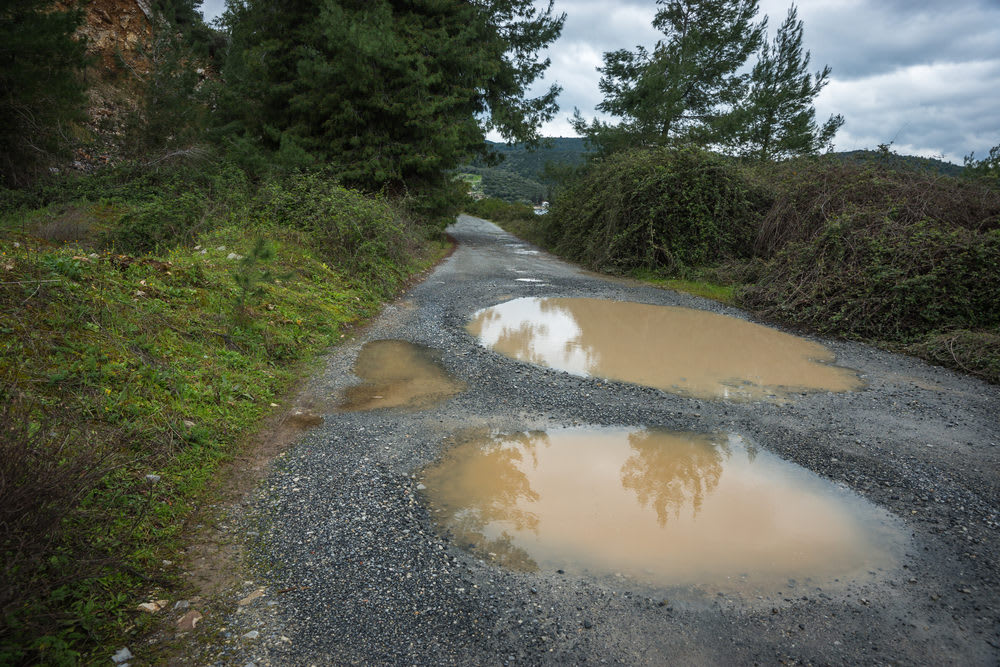

We tend to only think about the exhaust on our cars when something goes wrong, but it’s a critical system that we should be paying attention to on a regular basis. While it’s pretty durable, it can be damaged by a number of different things, including long-term exposure to moisture and salt. With that being said, there are other threats to your exhaust, such as bad roads.
How do bad roads damage your exhaust?
There are several ways that bad roads can damage your exhaust. Consider the following:
Potholes: When you hit a pothole, you definitely feel it. It jars the entire vehicle. However, if the pothole is deep enough, it’s possible that the car could “bottom out.” That is, the undercarriage might scrape on the asphalt. That means the exhaust is coming into contact with the road, and that can definitely cause some damage.
Thrown Rocks: We’re all familiar with rocks being thrown from the rear tire of the vehicle in front of us, but the same thing happens with your own car. If one of your front tires kicks up debris, it can easily strike the exhaust, including the catalytic converter. While light impacts are likely to do little damage to the piping, the catalytic converter actually contains ceramic parts that can shatter with an impact.
These are just a couple of ways that bad roads can damage your exhaust. If you’ve encountered a pothole, chances are good that it has done more harm than you might imagine. It can affect everything from your steering and suspension to the exhaust pipes, catalytic converter and muffler. An inspection can help put your mind at ease, though.



